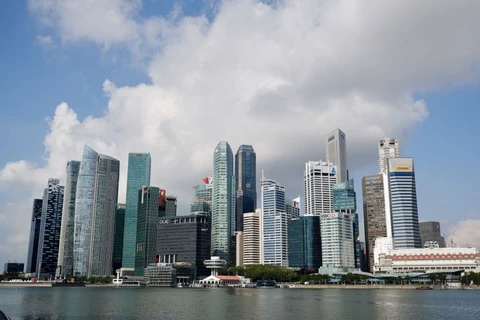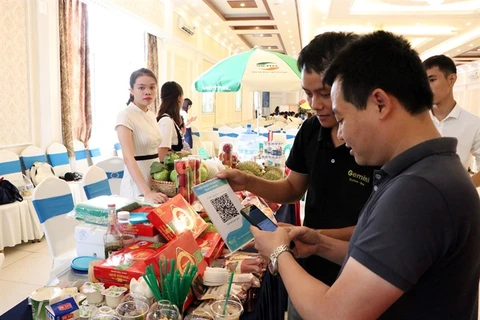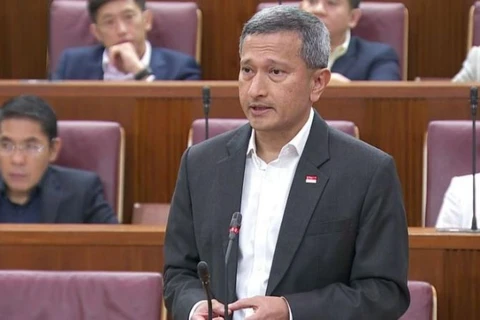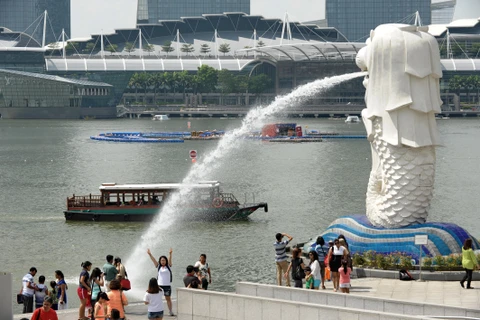Singapore (VNA) – Singapore’s parliament on January 14 passed a law on payment services, including regulations on digital payment to bolster the country’s cashless payments.
Under the Payment Services Act, which is scheduled to take effect later this year, payment-service providers that exceed a monthly average of 3 million SGD (2.2 million USD) in transactions, or 5 million SGD (3.7 million USD) in electronic money in their daily float (in a calendar year), will have to be licensed as major payment institutions.
These providers will require a guarantee by any bank in Singapore to be fully liable for their customers’ money, have a deposit in a trust account, or engage in other safeguards as prescribed by the Monetary Authority of Singapore (MAS).
Payment-service providers which do not go above the threshold will be licensed as standard payment institutions. They are not required to adopt such safeguarding measures of customers’ monies under the new law, but will be required to tell customers so.
Under the Payment Services Act, which is scheduled to take effect later this year, payment-service providers that exceed a monthly average of 3 million SGD (2.2 million USD) in transactions, or 5 million SGD (3.7 million USD) in electronic money in their daily float (in a calendar year), will have to be licensed as major payment institutions.
These providers will require a guarantee by any bank in Singapore to be fully liable for their customers’ money, have a deposit in a trust account, or engage in other safeguards as prescribed by the Monetary Authority of Singapore (MAS).
Payment-service providers which do not go above the threshold will be licensed as standard payment institutions. They are not required to adopt such safeguarding measures of customers’ monies under the new law, but will be required to tell customers so.
This is to ensure that the measures will not be too onerous or stifling for businesses, said Singaporean Education Minister Ong Ye Kung Ong, who is also a MAS board member.
Under the new law, Singaporean residents will not be able to withdraw Singapore dollars from the electronic money accounts. This is to promote greater adoption of cashless payments.
Personal accounts cannot exceed 5,000 SGD (3,700 USD) at any time and the total amount of payments made from the account in a year cannot exceed 30,000 SGD (22,100 USD), excluding transfers to the user’s designated bank accounts.
These caps do not apply to merchant payment accounts for business uses.
The Payment Services Act requires companies dealing in cryptocurrencies or digital payment tokens to meet requirements in the fight against money laundering and terrorism financing.–VNA
VNA
























